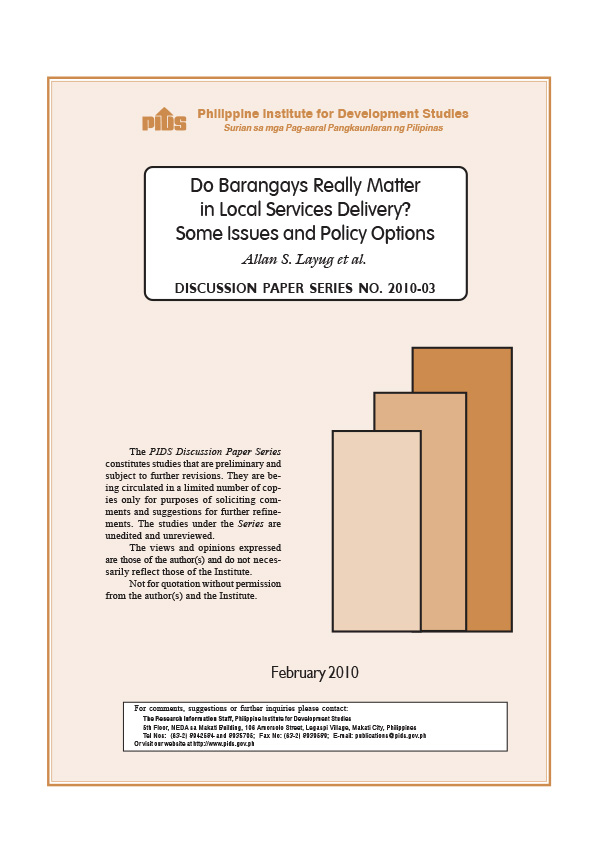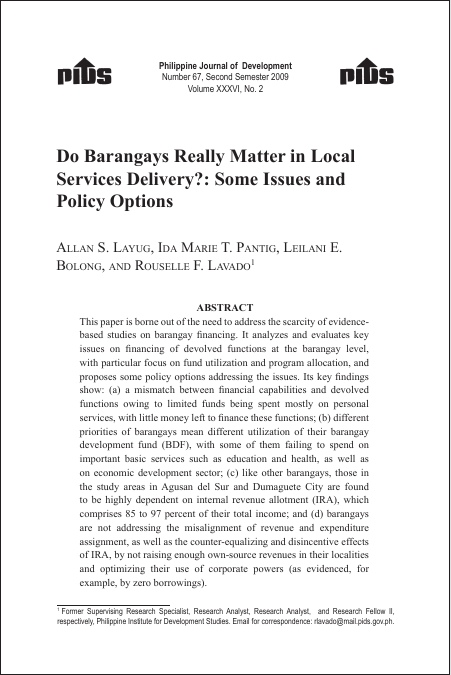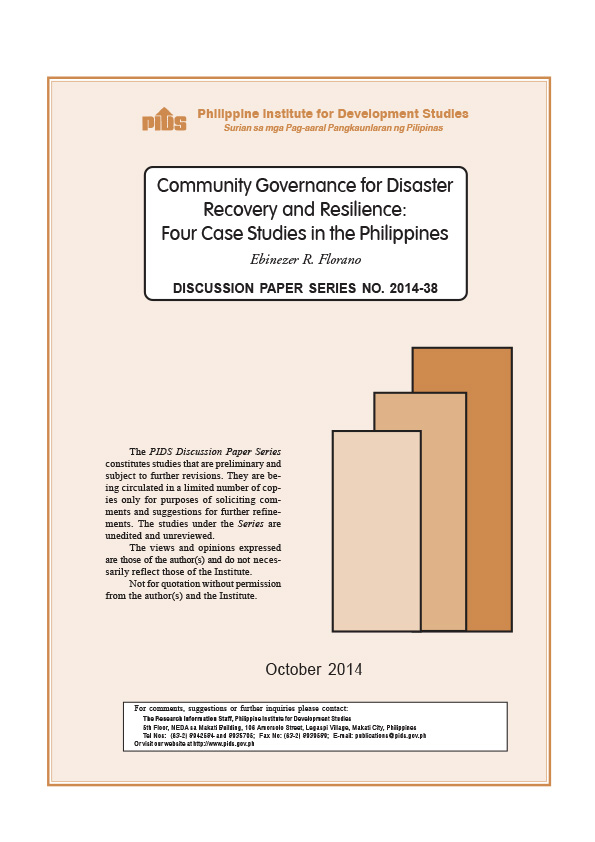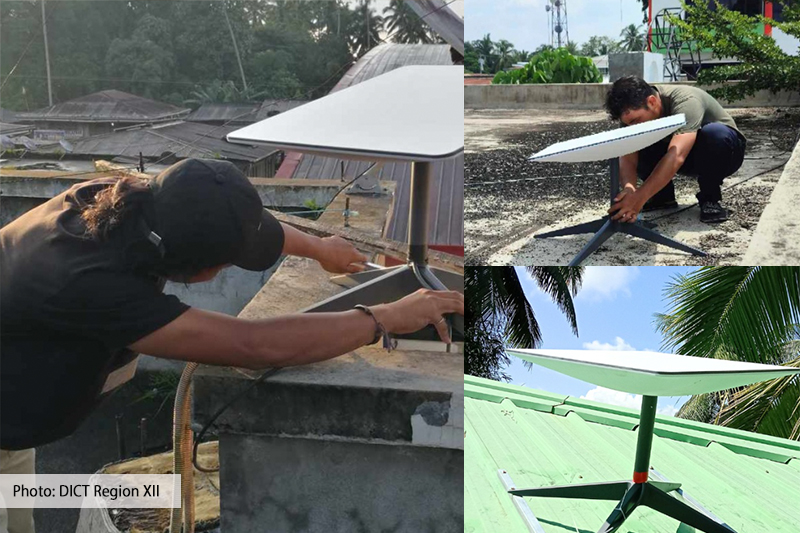CEBU barangays were urged to take part in the integration of the Association of Southeast Asian Nations (ASEAN) by supporting the small businesses in their areas.
Cebu Chamber of Commerce and Industry (CCCI) vice president for business development and management services division Melanie Ng urged officials from 80 barangays in Cebu City encourage businesses to become part of the ASEAN supply chain.
“We encourage businesses in the barangay to become suppliers or producers in the supply chain,” Ng said during the CCCI-led Asean 101: The Barangay as Enabler of Economic Development forum held at the Golden Prince Hotel in Cebu City yesterday.
“We can no longer underestimate the importance of our MSMEs in the ASEAN integration,” said National Economic and Development Authority (Neda) 7 Officer-in-Charge Dionisio Ledres, Jr., a speaker in yesterday’s forum.
Ledres asked barangay officials to provide a business-friendly climate to MSMEs by simplifying regulations and processes.
“Help them out,” Ledres told barangay officials.
For Association of Barangay Captains (ABC) chair Philip Zafra, CCCI’s reaching out to the barangays helps them assist their constituents.
Zafra said each barangay in Cebu City is alloted P6 to P10 million each year for development, which is mainly poured into infrastructure projects.
Zafra said better infrastructure, like paved roads in mountain barangays, has helped develop trade and commerce in far-flung areas within Cebu City.
The ABC chair also clarified that barangay clearances do not take too much time, as opposed to a local businessman’s experience, unless the nature of business is in extensive developments like housing and manufacturing. In this case, Zafra said the barangay would requires businesses to comply with certain requirements like water-catchment facilities for housing projects.
“The challenge of our MSMEs in the barangay are financing and quality,” Ng said. She said CCCI can help alongside government agencies like the Department of Trade and Industry (DTI) and the Department of Science and Technology (DOST) for barangay-level businesses improve product quality.
Ng, quoting study on local service delivery by the Philippine Institute for Development Studies (PIDS) and the United Nations Children’s Fund (Unicef), said that most barangays are missing the development authority to practice fiscal governance and good financial management, and that many barangays are not efficiently and effectively spending their limited funds for programs, activities, and projects with high economic development impact.
“You can create an environment conducive to business development and can promote a vibrant economic tempo so that your constituents will be inspired to participate actively. You should not rely on IRA (Internal Revenue Allotment) and instead become financially independent,” Ng told barangay officials.//
Cebu Chamber of Commerce and Industry (CCCI) vice president for business development and management services division Melanie Ng urged officials from 80 barangays in Cebu City encourage businesses to become part of the ASEAN supply chain.
“We encourage businesses in the barangay to become suppliers or producers in the supply chain,” Ng said during the CCCI-led Asean 101: The Barangay as Enabler of Economic Development forum held at the Golden Prince Hotel in Cebu City yesterday.
“We can no longer underestimate the importance of our MSMEs in the ASEAN integration,” said National Economic and Development Authority (Neda) 7 Officer-in-Charge Dionisio Ledres, Jr., a speaker in yesterday’s forum.
Ledres asked barangay officials to provide a business-friendly climate to MSMEs by simplifying regulations and processes.
“Help them out,” Ledres told barangay officials.
For Association of Barangay Captains (ABC) chair Philip Zafra, CCCI’s reaching out to the barangays helps them assist their constituents.
Zafra said each barangay in Cebu City is alloted P6 to P10 million each year for development, which is mainly poured into infrastructure projects.
Zafra said better infrastructure, like paved roads in mountain barangays, has helped develop trade and commerce in far-flung areas within Cebu City.
The ABC chair also clarified that barangay clearances do not take too much time, as opposed to a local businessman’s experience, unless the nature of business is in extensive developments like housing and manufacturing. In this case, Zafra said the barangay would requires businesses to comply with certain requirements like water-catchment facilities for housing projects.
“The challenge of our MSMEs in the barangay are financing and quality,” Ng said. She said CCCI can help alongside government agencies like the Department of Trade and Industry (DTI) and the Department of Science and Technology (DOST) for barangay-level businesses improve product quality.
Ng, quoting study on local service delivery by the Philippine Institute for Development Studies (PIDS) and the United Nations Children’s Fund (Unicef), said that most barangays are missing the development authority to practice fiscal governance and good financial management, and that many barangays are not efficiently and effectively spending their limited funds for programs, activities, and projects with high economic development impact.
“You can create an environment conducive to business development and can promote a vibrant economic tempo so that your constituents will be inspired to participate actively. You should not rely on IRA (Internal Revenue Allotment) and instead become financially independent,” Ng told barangay officials.//





